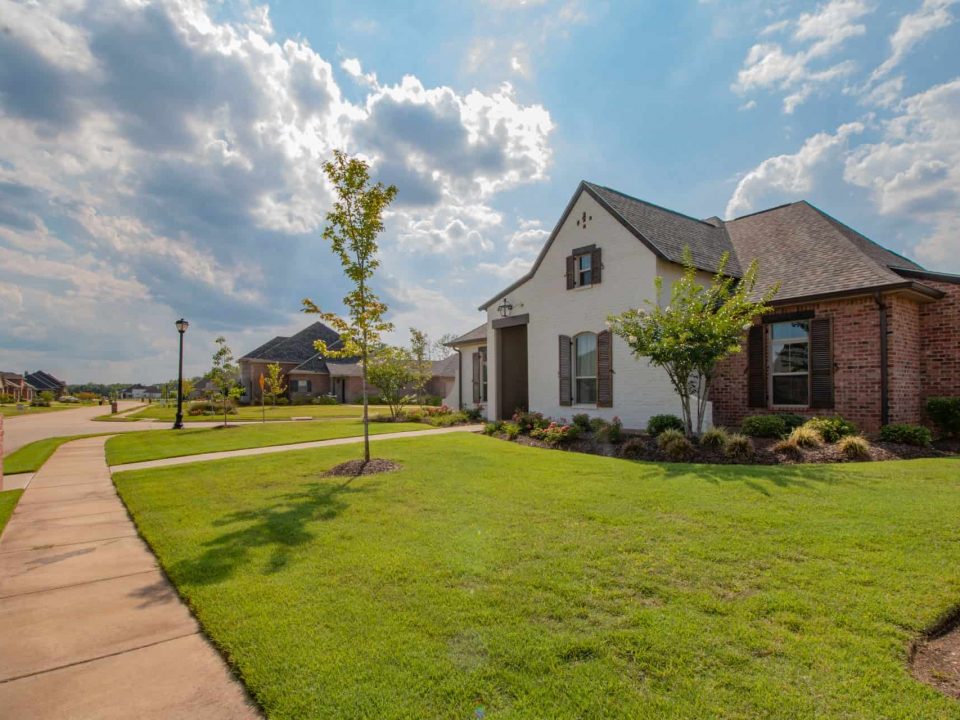5 Questions You Should Ask Before You Move
Where should you buy your next house? Have you thought about it, yet? Most people have a wish list for the house they want. They generally know how much space they need, what kind of features they want, and how much they want to pay. However, it can be easy to overlook perhaps the most important aspect of buying a new home: location. Where you buy a home matters immensely. You may end up loving the house itself, but dreading the neighborhood, commute to work, or distance from local amenities.
So, before you buy a new home, let’s take a look at some important questions you need to ask.
- How close is it to work?
This might be the most common reason people move to a new home. Perhaps you got a new, better paying job, but you need to relocate to take it. Maybe you live outside of town and the commute is just proving to be too long everyday. Whatever the reason, moving closer to work is often a great reason to buy a new house. A good general rule is to buy a home that is no more than 20-30 minutes from your place of employment. Closer might be better, but it depends on where your work is located. For instance, if you work in a downtown area, being too close to work could mean higher traffic on the roads and busier, noisier neighborhoods. Choose a location that is outside the hustle and bustle of business that you find in metropolitan areas. That is, unless, of course, you like being close to the action. Most people with families, however, prefer something a little more laid back.
- What kind of schools are in the area?
If you have a family, or plan to start one, then you should definitely take into consideration the school district in which you are buying a home. What are the schools like? How do they compare to other schools? Do they have good academic standards? Are they generally safe? What about the sports programs? These are all questions you should consider in regards to the location of your new home. Set your kids up for success by positioning them to be well educated in a safe, academically strong environment.
- What is the neighborhood like?
As you have probably discovered by now, some neighborhoods are much different than others. While you may find a house with an alluring price tag, you should consider the quality of the neighborhood before you decide. Is it friendly? Is it quiet? Is it safe? What kind of amenities does it offer? Does it have a park? What about a pool? Is it easily accessible from main roads? Is it clean? These are only some of the questions you should be asking about the neighborhood. A good real estate agent should be familiar with local neighborhoods and can help you navigate this road.
- How close is it to family (and friends)?
If family is a high priority, and it usually is, then you need to consider where they are before you buy a home. How far away will they be? Do you plan on visiting often? Do you have kids and want your parents to be close to them? Sometimes you may have to relocate to a different city, state or even country for your job. If that’s the case, living far from family may be unavoidable. However, if possible buy a home that is close to family, or at least equally close to family and work, depending on how often you plan to visit. It is also important to consider how close your friends are. Your social life is just as important, if not more important than your work life. Living close to friends will help you stay connected with them. If you are involved in your local church, then that should be considered as well.
- Is it affordable?
Location definitely plays a role in the cost of a new home. Some areas boast more expensive real estate because of the demand and nearby features. Take New York, for instance. Real estate costs there are quite high, but it is one of the most desirable cities in which to live. However, it’s not just how affluent an area is that can affect your bank account. It’s important to look into property taxes over the last few years to see how much they are. Even if a home may be a great deal, it could come with high taxes. Some neighborhoods also have an HOA (Home Owner’s Association) fee. Sometimes the fee is nominal and inconsequential, and sometimes it is quite high. Generally, a higher HOA fee means more amenities and services provided for you, so the benefits can outweigh the costs in the long run.
Do you need some help sorting all this out to find the perfect house for you and your family? An experienced, local real estate agent can do all the work for you, including scoping out the neighborhoods and schools. We’ve been helping people for over 30 years find the right home at the right price. If you’re ready to start the journey yourself (or are already on it) then talk to us today to get started.





